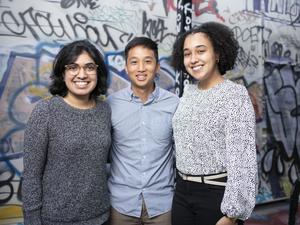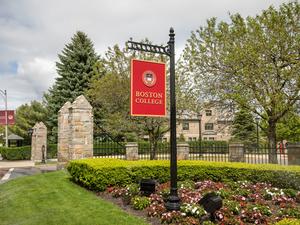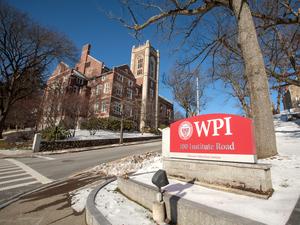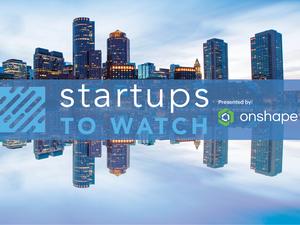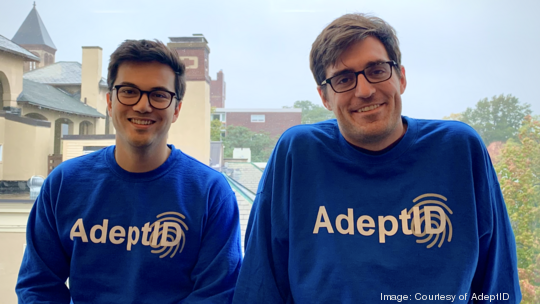
A Boston startup working on an API to fix gaps in the labor market to better match skilled workers to jobs has raised $3.5 million in seed funding.
AdeptID, founded by Fernando Rodriguez-Villa and Brian DeAngelis, a pair of former Indigo Agriculture employees, uses a machine learning-powered API to try to find hidden talent in the workforce to recommend to employers. The company is focused particularly on growing fields with a need for workers with new skills, like renewable energy, healthcare and IT.
The company was born during the pandemic, which CEO and co-founder Rodriguez-Villa said was a natural “sorting event” for workers.
“As individuals find new work, they can find it in places that are better, in industries that have higher potential and can offer advancement. That’s where we felt some urgency, and we wish we had started this two years ago so we could have had more of a head start and be ready,” he said in an interview.
The company was self-sustaining early on, making more than $1 million a year after its first 12 months, but the investment, led by Zeal Capital Partners, will help it accelerate software development and scale distribution of the API.
The decision to focus on an API, instead of a full-stack software product, came out of a realization that companies don’t want to have to learn a whole new system, but want something that can be plugged into their existing infrastructure, said Rodriguez-Villa.
“API-first businesses are redefining pretty much every other vertical by this point,” he said.
One of the startup’s early customers has been Generation USA, a large vocational training provider. They use the AdeptID data at the beginning of their process to identify potential applicants that are most likely to succeed in their courses, what interventions or training might benefit others, and then for identifying good matches for placement at the end of their programs
Rodriguez-Villa said the company is focusing on a “more positive and ethical interpretation of AI,” and part of that is that it’s trying to avoid the “exclusive” nature of some other job matching systems.
“They're meant to find things like a gap in a resume, or identifying individual keywords. And what ends up happening there is a lot of folks who might have done the ‘wrong job’ beforehand end up getting excluded, even before a human even looks at them,” he said.
